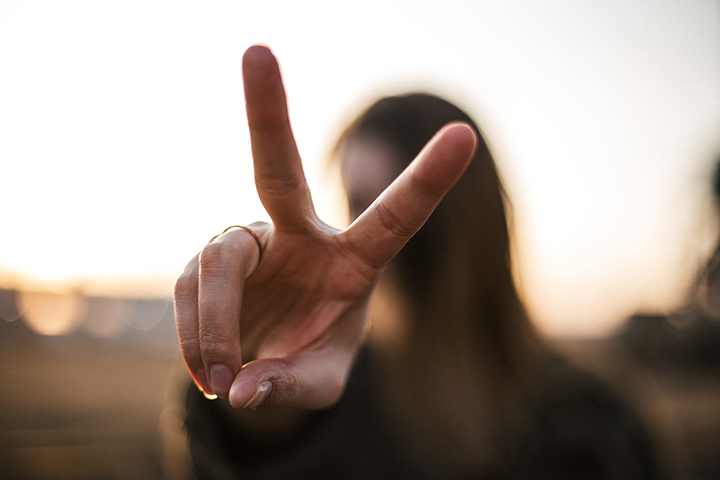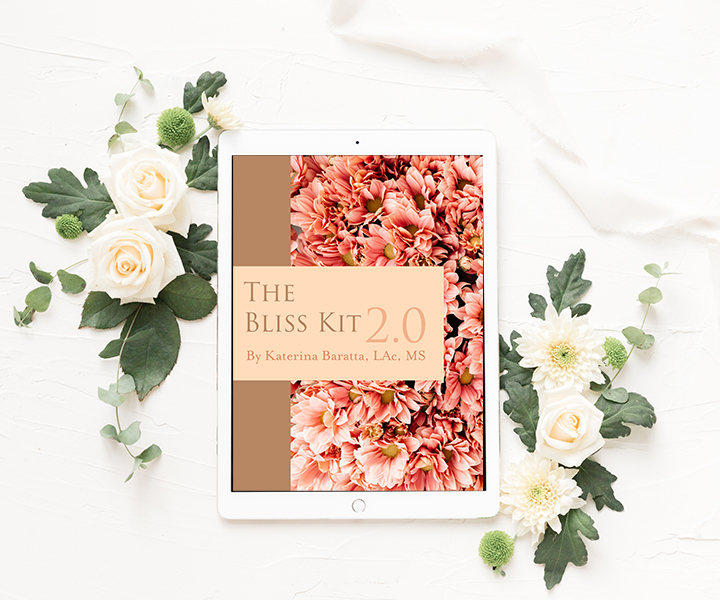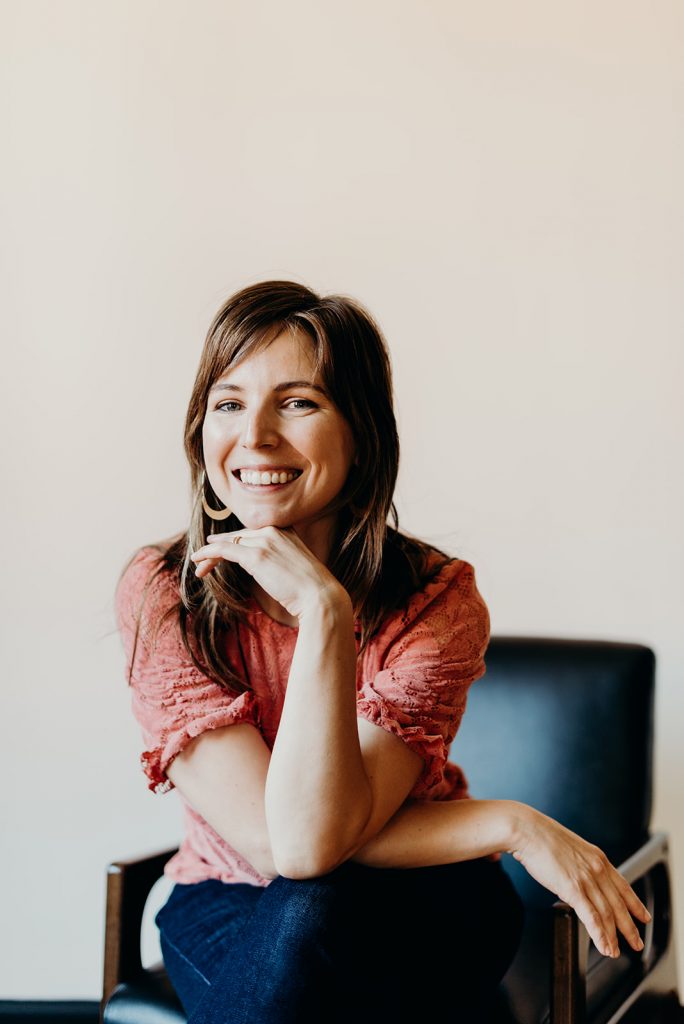On Cultivating Peace When Faced with Fear
I don’t have to list it out for you.
Even when horrendous images aren’t being blasted before your eyes in the 24-hour news cycle, the undertone of fear and grief and anger are palpable in our collective consciousness.
Everywhere you look, people are loudly and desperately shouting for the world to recognize the trauma and injustice they have endured and witnessed, and most of us feel helpless and overwhelmed in the face of it all.
This is natural and to be expected given the circumstances.
But we have to be careful here, too, because strong emotions like these can lead us in one of two directions.
The first response is always to go into survival mode.
When this happens, the whole biological mind-body system gears up for action. Nothing feels more important in these moments than the continuation and preservation of life as we know it.
The challenge here, is that survival mode can also cause us to be hyper-focused on finding a way out of only our own perceived threat, making us blind to the perspectives and suffering of others. In dire circumstances, these self-centered impulses can be imperative for individual survival, but this same imperative can quickly become massively destructive when applied to a larger population.
The second direction strong emotions like fear, grief, and anger can lead us toward, is peace.
When emotions overwhelm us, the natural impulse is to try to change outside circumstances so we can feel better inside.
This works in some situations, which is why we keep trying to micromanage our lives. But no matter how hard we try to control our circumstances, we will inevitably be faced with things we do not like and cannot change.
The only options we have then, are either to keep perpetuating the war that rages inside of us against all that we find unacceptable, or, to use those uncomfortable emotions as an opportunity for growth.
I want to be clear here, that this does not mean staying silent in the face of injustice. The pain that hides behind violence does not justify violence, yet that pain is still valid.
In order to move past violence, we have to learn to meet pain in a new way.
We have to be brave enough to practice opening our hearts up instead of shutting them down, to meet the full, nuanced, complicated, universal experience that is human suffering. And while we may want to try to force those who commit atrocities to change their ways, the only place we have any real leverage to find peace is by confronting the shadows within ourselves, first.
You can start this process by exploring and identifying what activates the most pain, stress, and suffering in you, and then doing what you can to prioritize the strategies and practices that help you calm your nervous system.
Related: 10 Ways to Regulate Your Nervous System and Calm Your Stress Response
But relaxation alone is not enough.
You can meditate for hours, go for long walks in the woods, and take a bubble bath every night, yet inner demons will still walk beside you, every step of the way.
True peace can only be found when you’re willing to shine a light into the darkness—to work with the parts of yourself and life that you find painful—with curiosity and compassion.
If those of us who are lucky enough to have access to food, shelter, and relative safety can’t tame the flames of our own vitriol, how can we ever expect other humans —in much more dire circumstances—to access the deeper, more compassionate awareness that is a prerequisite to peace?
It is only when we are able to witness and work with the contradictions, pain, and suffering within ourselves that we have the capacity to meet the contradictions, pain, and suffering in others in a way that can promote peace rather than perpetuating war.
This is the work of the boddhisatva, the “spiritual warrior,” and I believe it is the work that those of us who can, are being called to do.
I don’t know if there’s a divine plan in any of this.
I can’t unequivocally claim that this is why you and I are alive right now, at this moment in history.
But if there is to be any purpose to my life, I want it to be the embodiment and promotion of peace and joy and love.
And if that’s what you want for yourself, too, I’d love to help you explore the strategies and practices that can support the realization of that purpose.
Click here to book a virtual session now.
I can’t wait to see where this takes you!





